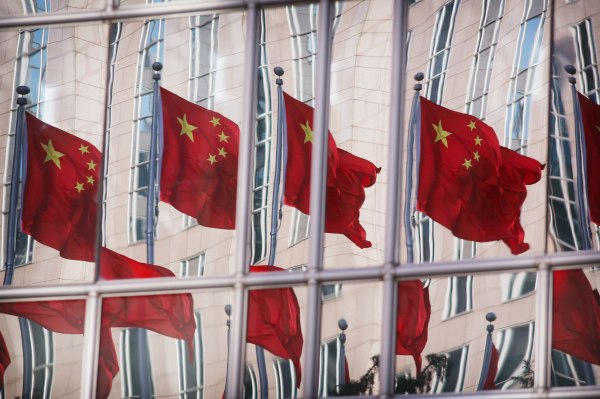
[ad_1]

GGV, the 23-year-old U.S. venture capital firm with a storied track record in China, is splitting into two branches as escalating geopolitical tensions continue to push for decoupling between the world’s two superpowers.
In an announcement released Thursday morning, GGV, known for its bets on ByteDance, Xiaomi and Alibaba, said it will become two independent units in the U.S. and Asia. The reorganization is scheduled to be done by the end of Q1 2024.
It’s a strategy mirroring one recently pursued by Sequoia, which announced in June that it would separate its China and India arms from the U.S. mothership.
The decision came three months after a U.S. congressional committee initiated a probe into four American investment funds over their funding for Chinese tech companies in areas such as semiconductors, artificial intelligence and quantum computing.
“Over the last decade, the investment landscape has shifted significantly, and the operating environment has become highly complex. Against these new realities, GGV is also evolving,” the firm said in its statement.
Its U.S. branch, led by managing partners Glenn Solomon, Hans Tung, Jeff Richards and Oren Yunger, will invest primarily in North America, Latin America, Israel, Europe and India/U.S. cross-border businesses.
Led by managing partners Jenny and Jixun Foo, its Asia branch will focus on China, Southeast Asia and South Asia from its regional headquarters in Singapore.
GGV’s RMB funds will continue to be independently managed under the Chinese brand Jiyuan Capital and led by Eric Xu.
GGV and Sequoia won’t be the only ones to separate their Chinese operations amid rising U.S.-China tensions. In early August, President Biden signed an executive order to bar U.S. investments in the three aforementioned critical sectors — AI, semiconductors and quantum computing — in an effort to curb China’s military ambitions. GSR Ventures, Qualcomm Ventures and Walden International were also targets of the congressional panel alongside GGV.
Update: The last paragraph was updated to clarify that the investment funds weren’t asked to split off their Chinese units.
[ad_2]
Source link





